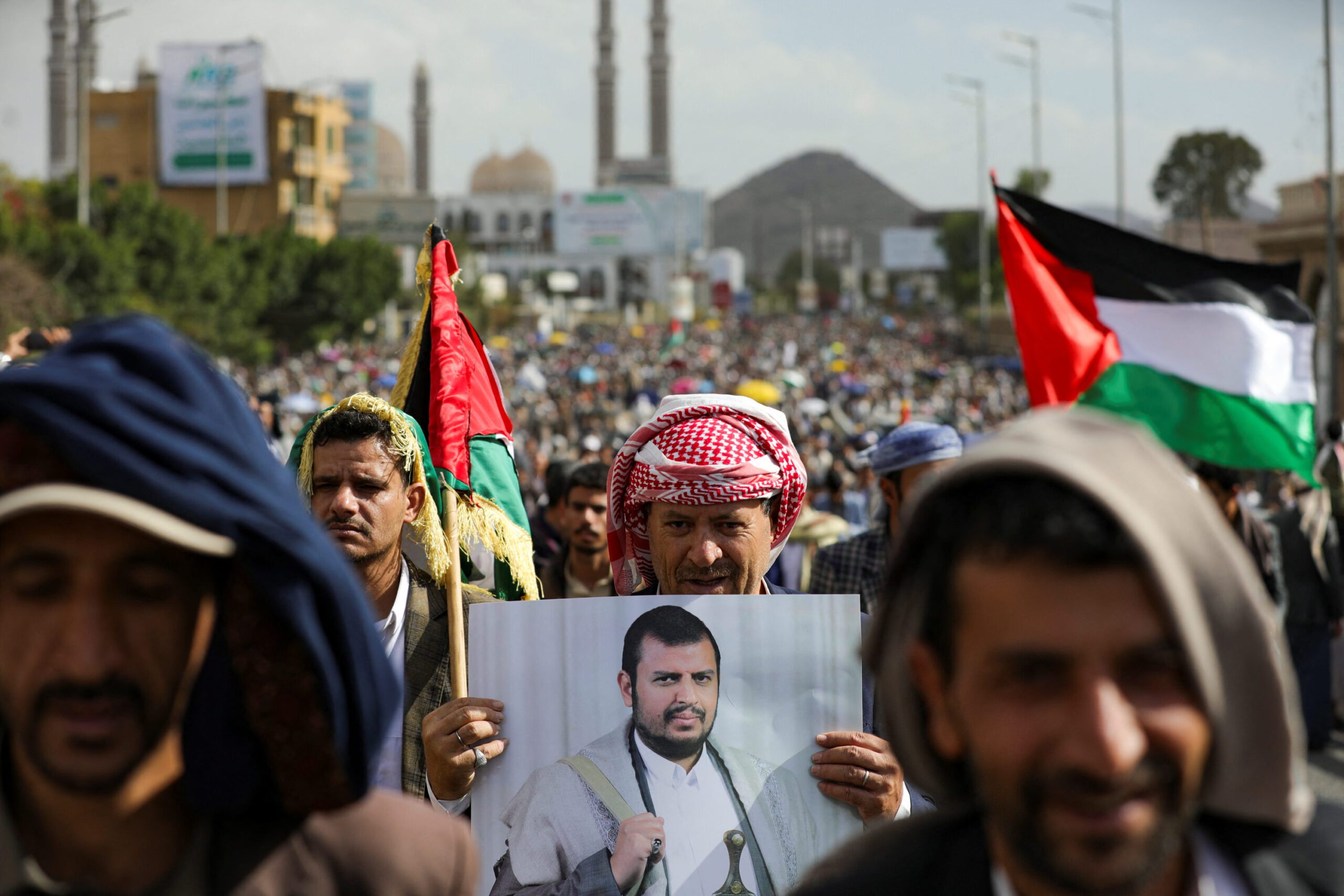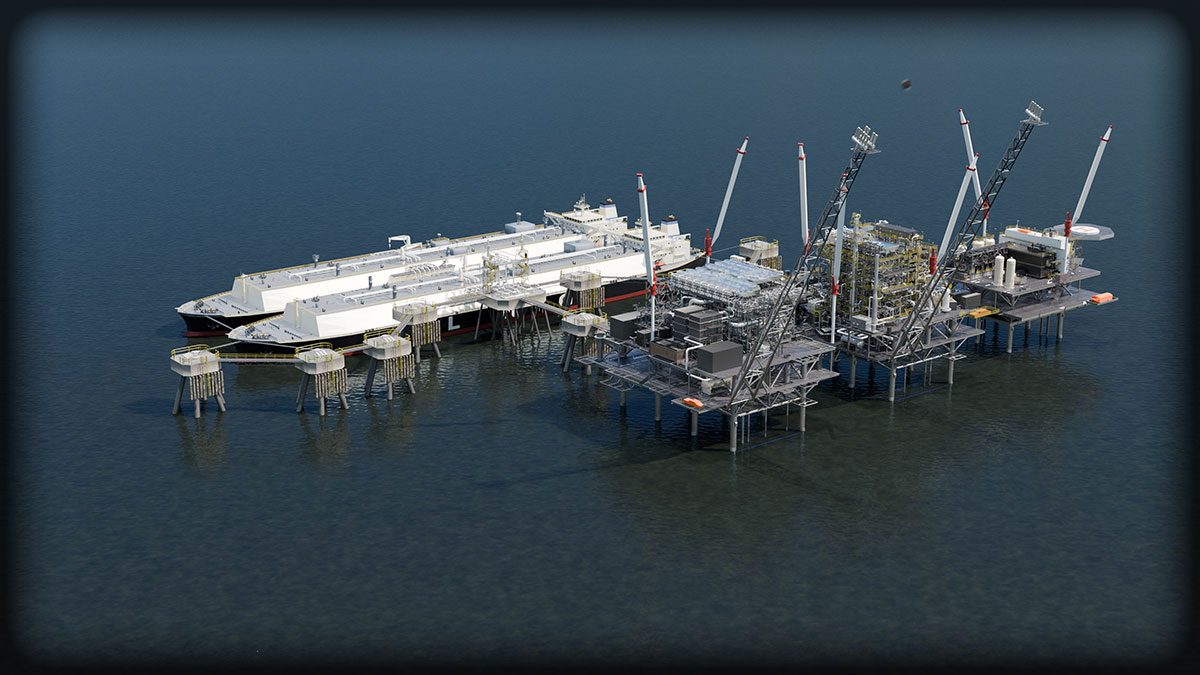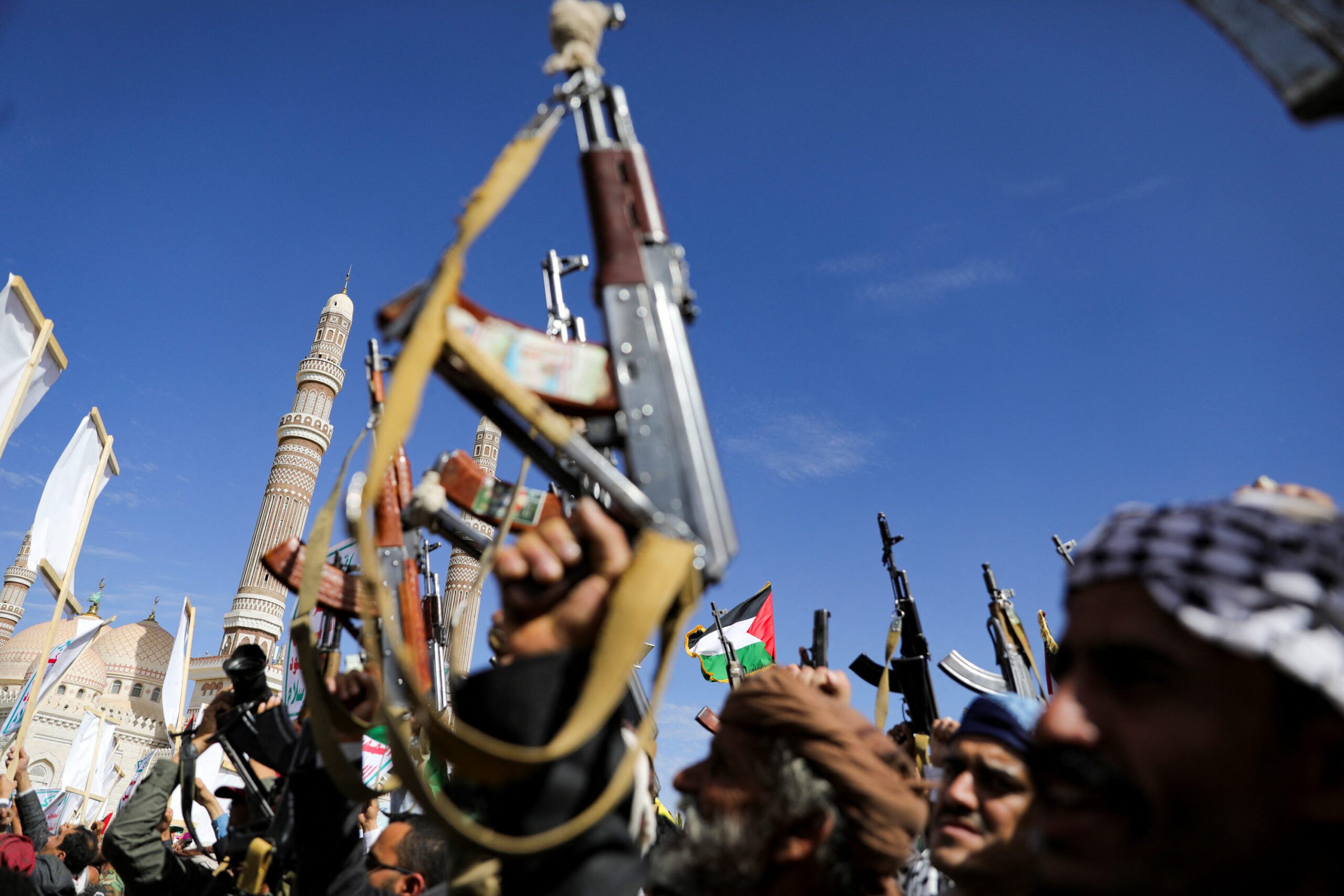(Bloomberg) —
Three oil tankers that are under British sanctions for transporting Russian petroleum are sailing under the flag of a nation that bases its operations in London.
The Galaxy, the Liberty and the Rigel, all of which moved barrels for Moscow this year, have switched to sail under the flag of Barbados, one of the world’s more-reputable vessel-registration nations, industry data show. The Barbados Maritime Ship Registry is based at the country’s High Commission in London, which has diplomatic immunity.
The London connection will nevertheless be awkward for the British government, which designated all three tankers this summer for the role they played in helping to destabilize Ukraine. At that point, they had different names, were owned by the Russian state tanker company Sovcomflot, and sailed under the flag of Gabon.
Merchant ships will very often sail under what are known as open registries in countries that are unrelated to where the vessels are beneficially owned. This can be to make compliance with international maritime regulations more efficient and cost effective. Those so-called flag states have an important role to play in ensuring industry safety standards.
The UK’s Foreign, Commonwealth and Development Office referred questions to the Treasury. The Treasury didn’t immediately respond to a request for comment. Giovanni Ciniglio, the chief executive officer of the Barbados registry, confirmed the ships are provisionally registered under the country’s flag, but declined to comment further.
Price Cap
As well as specific sanctions on the ships, the UK is also participating in a price cap on Russian oil. Under the Group of Seven initiative, companies aren’t allowed to provide key services for Russian shipments unless the cargoes being transported cost at – or below – certain thresholds. In the case of crude oil, that limit is $60 a barrel.
To get a Barbadian flag is good news for the three tankers. The country is on a so-called White List, published by the Paris Memorandum of Understanding on Port State Control, of nations that maintain higher standards of ship safety. Gabon doesn’t have a ranking.
Since the UK sanctions, ownership of two of the tankers has switched to “unknown” entities on maritime databases.
The Liberty, formerly NS Laguna, loaded a cargo of Russian Urals crude at Primorsk on the Baltic Sea on Aug. 16 and is now in the English Channel. Its ultimate destination is India, according to shipping information gathered by Bloomberg.
The Rigel, formerly Primorsky Prospect, recently entered the Mediterranean Sea via the Suez Canal after delivering a cargo of Russian crude to India.
The Galaxy, formerly Korolev Prospect, arrived off Russia’s Arctic port of Murmansk on Aug. 12 after transiting the Northern Sea Route from the Bering Strait.
It is one of two ships that were previously named as entering a long-term charter to Russia’s Sakhalin 2 project. Before taking up that role it requires modification, work that it may be about to undergo at Murmansk.
© 2024 Bloomberg L.P.

 Join The Club
Join The Club










